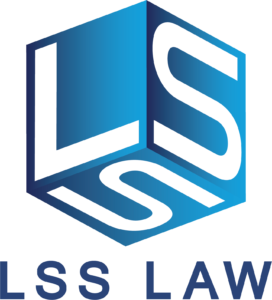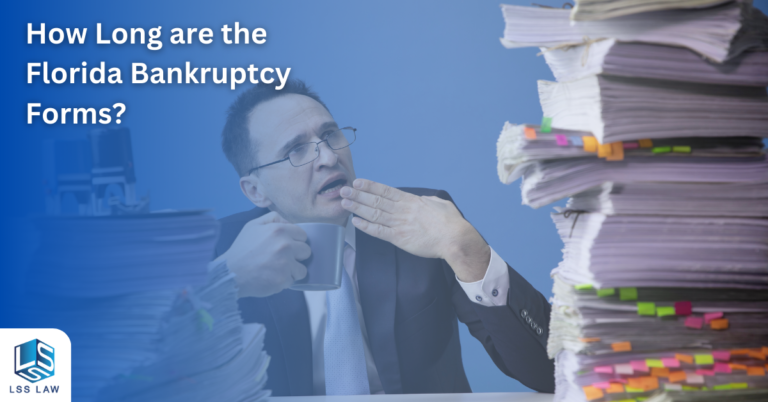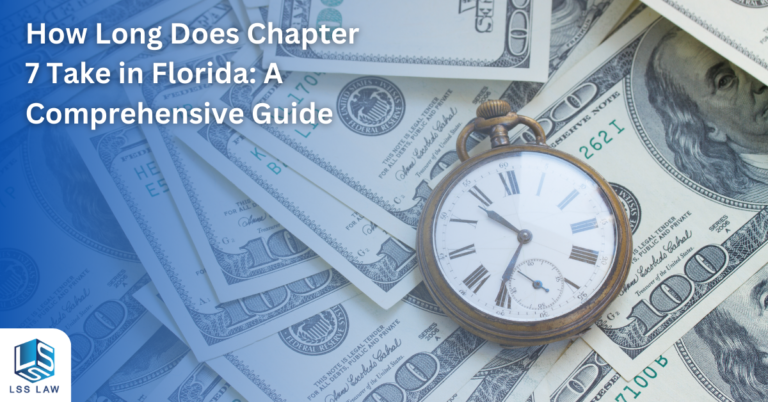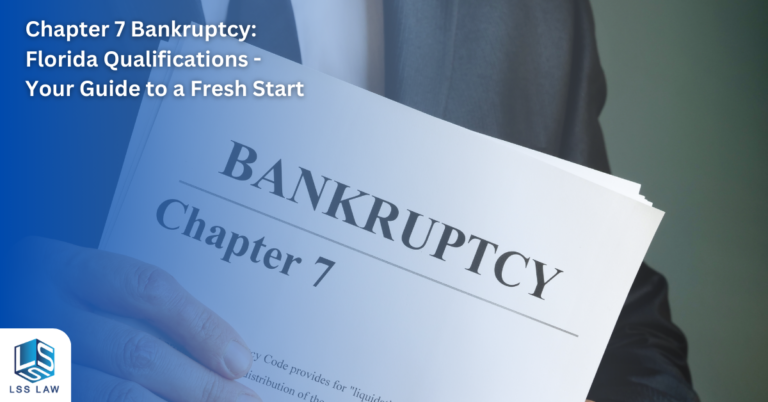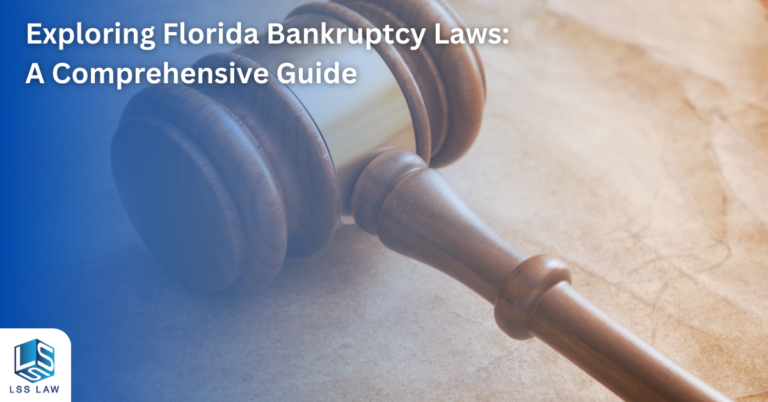We consulted with a medical practice that had substantial liability associated with old equipment leases and other obligations. One of the company’s creditors filed a lawsuit. The value of the company’s assets was far less than the total amount of its liabilities. If sold as a going concern, the company would derive much more value for its creditors than if its assets were liquidated. However, the cost of Chapter 11 was prohibitive.
We, therefore, recommended an Assignment for the Benefit of Creditors proceeding, where a third-party Assignee would sell the assets of the company, as a going concern, to the physician/medical director of the business. The sale of the assets would be for the market value as a going concern, which was still significantly less than the debt owed by the company. The sale of the assets would be free and clear of all liens, claims, and encumbrances.
Through the Assignment for the Benefit of Creditors proceeding, the physician/medical director was able to purchase the assets and continue with the operation of the company, with no interruption. The creditors received more than they would have received in a Chapter 7 bankruptcy liquidation or a Chapter 11 bankruptcy reorganization.
